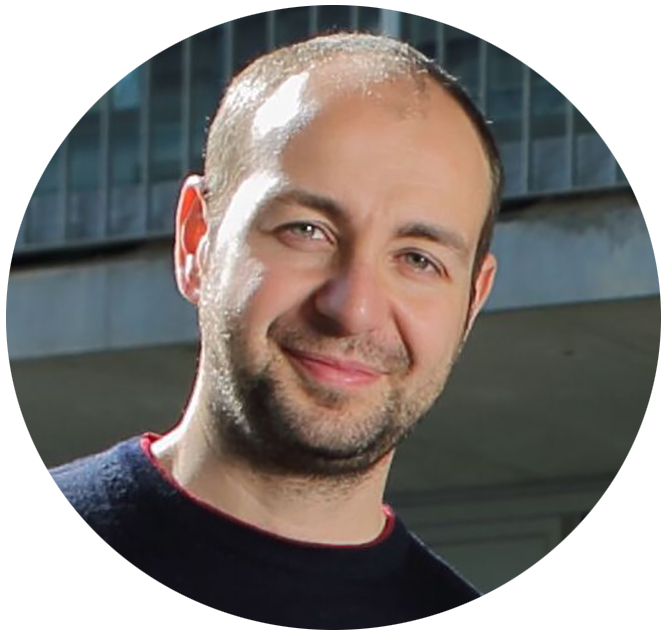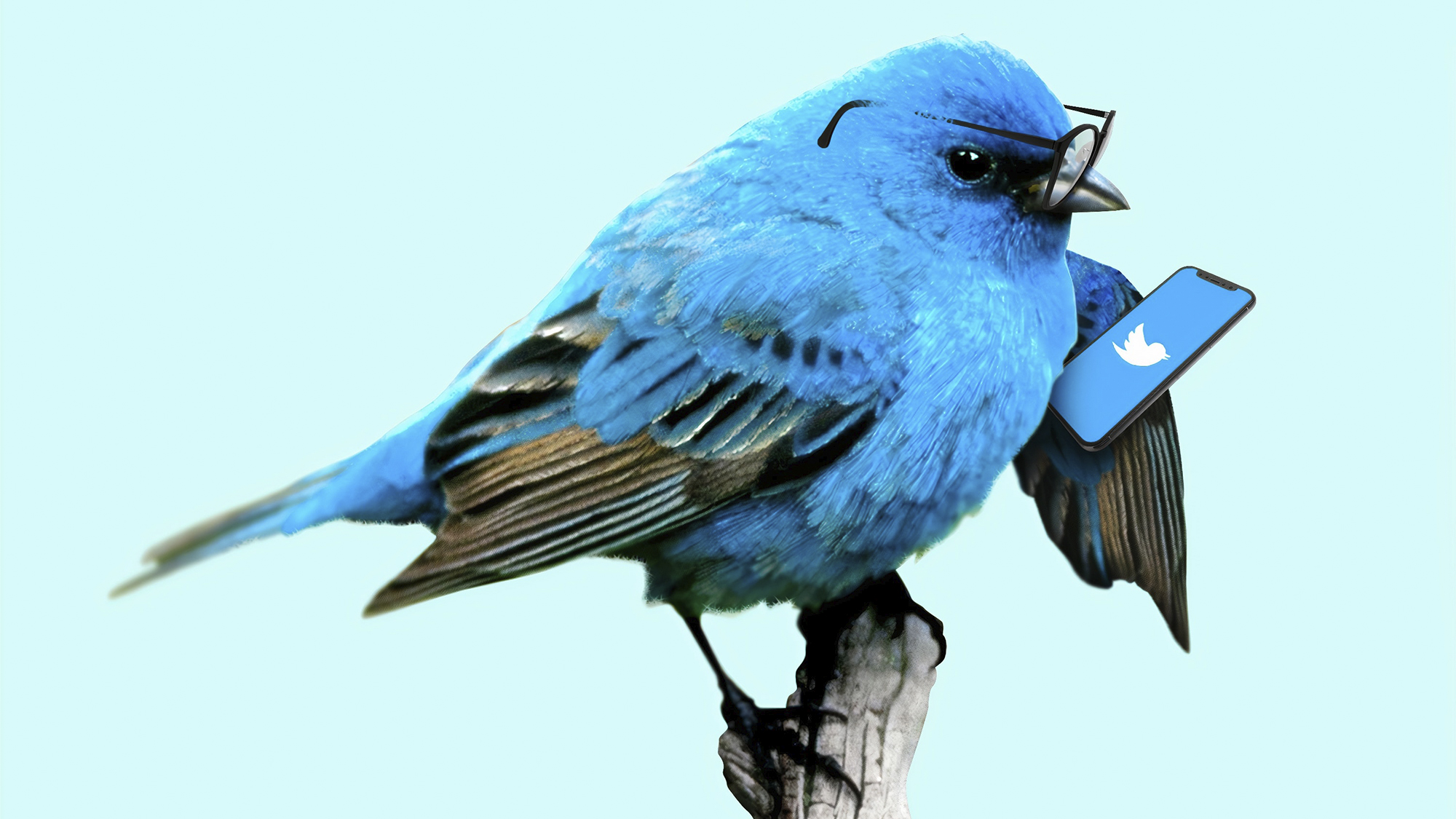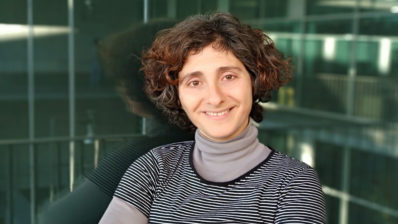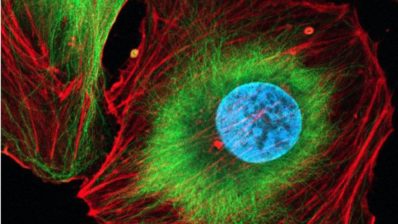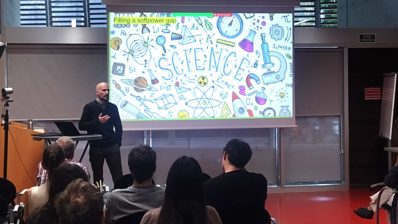I was following SARS-Cov-2 when it still seemed like an exclusively Chinese phenomenon. I was following its progression through the news and on social media, particularly because there was a massive amount of misinformation and conspiracy theories. Just a few months ago we had people speculating the virus was created in a laboratory in Wuhan, which instigated me to write about it on my blog.
Things became more personal when my whole family in Italy got infected and I was in lockdown in Barcelona feeling helpless because I couldn’t do anything for them. In the end everything worked out and I came out even more motivated to following the virus’ progression. I started obsessively reading every related article published on the matter.
After my whole family in Italy got infected and I was in lockdown in Barcelona, I started obsessively reading every article published on SARS-Cov-2.
Many scientists want to end the virus as quickly as possible, uploading their findings immediately onto preprint servers to foster scientific collaboration. This is how I first came across a preprint in medRxiv claiming that SARS-Cov-2 was found in Barcelona as far back as March 2019, a whole six months before previously thought.
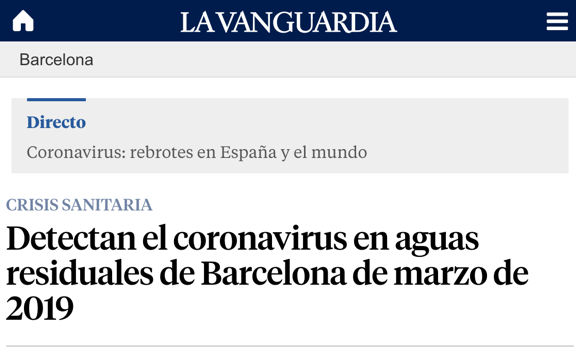
I thought this was shocking news and decided to read the study in detail. Extraordinary evidence requires extraordinary claims and in this case the data seemed a bit weak to me. This is where it all started, as I decided to share these thoughts by tweeting about it, ironically making a typo when pointing out faults in other people’s works!
From Twitter to the newspaper
Within minutes, I received an email from a journalist working for El País, asking me for my thoughts on this topic. I was quite surprised that a journalist working for a Spanish newspaper bothered looking at some tweets in Italian. At first my impression was that he just wanted to correctly understand the science behind the study.
This is where I had to really start thinking about what to say. On one hand, criticising a paper and fostering debate is one of the foundations of science and essential for advancing knowledge, but I was worried people would spin this as a fight between researchers. We’ve seen this in articles published in major journals like the Lancet and the New England Journal of Medicine, who have withdrawn papers due to failures. How could I comment on this study with constructive feedback so that the public would know there are discrepancies in how we interpret the data, not something inherently bad with the scientists themselves?
How could I comment on this study with constructive feedback so that the public would know there are discrepancies in how we interpret the data, not something inherently bad with the scientists themselves?
In the end, I wrote an email saying that extraordinary claims need very strong evidence, and that it would have been necessary to sequence the PCR amplicons and search for old samples in hospitals to test the hypothesis.
What I didn’t expect was that the comments were going to be published in the article! I found out about this thanks to a WhatsApp from a friend who was joking with me. I got a bit nervous, worried that I would be seen as criticizing an article from another group and I couldn’t help but empathise with how it must feel like to be the author. I would not have liked to be in the middle of such a strong media storm.
But at the same time, how could I not comment on this study? I couldn’t let the stigma attached to the Chinese from Wuhan and later the Italians from Milan ending up in Barcelona. There were already some media outlets supporting the idea that the virus was born in Spain (some people joked calling it “the Spanish 2.0 flu”).
Many scientists in Spain and in the world have been critical of this study and this is not a novelty in science. The big problem has been ending up in the mainstream press like a hurricane.
Night came, and after the kids went to bed I started reading my emails. One of them was from Omar, the press officer at the Centre for Genomic Regulation (CRG), where I work. Ouch! Before I’d even read the email I started worrying he would be monumentally furious with me for having talked to the media without asking him first. In my head I started thinking about what excuses I could come up with, but the email ended up being very supportive, thanking me for having talked to the journalist and giving me advice on how to engage with the media on something so complex and controversial. I slept very well that night.
The jump to TV
The next day, I had to organise a long day of working from home together with the management of two young daughters with my wife who works in another research centre in the afternoon. When everything was more or less in order, I got another email from Omar asking me if I could do a TV3 interview in the next 2 hours! I accepted, having to rearrange all my plans completely; finding a suitable place in the house for the interview, placing the girls with my wife and carrying out example TV interviews on Skype with Omar. And all this with a heatwave going on!
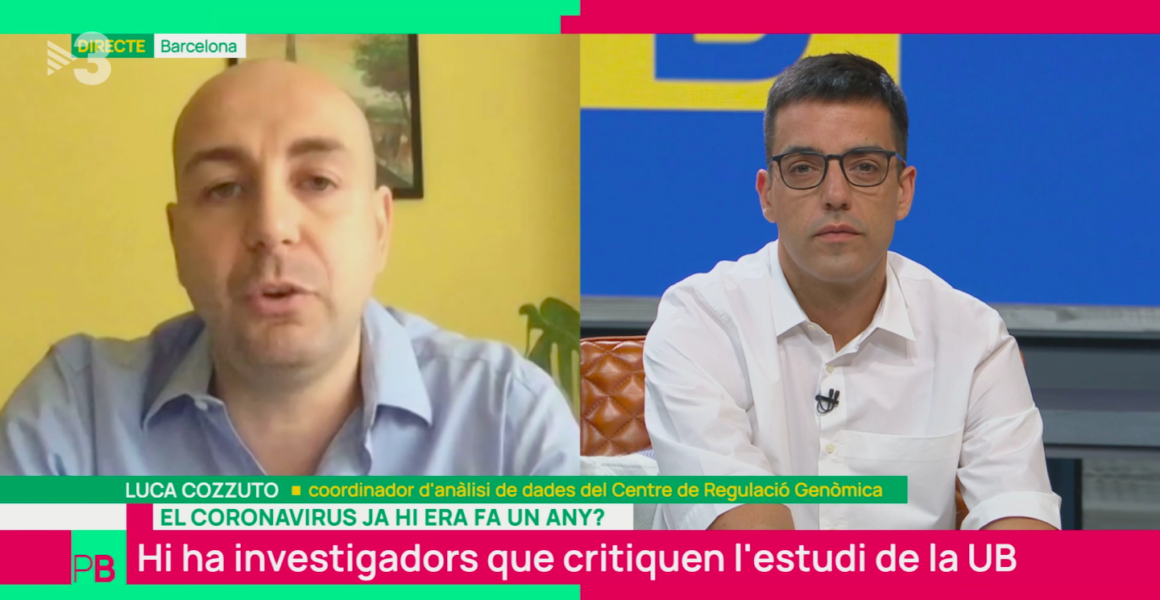
When the time came, the TV producers got me to log on Zoom ahead of my expected appearance live on TV. I had to wait in this position for a whole hour because the education secretary of the Govern de Catalunya had summoned a press conference, which had a knock-on effect that delayed my interview. Journalists have to rearrange breaking news all the time, so I had to learn how to be patient. They asked me very straightforward questions, with no surprises, giving me enough time to answer without going into too much unnecessary detail. It was a pleasant experience. The interview clearly went well because I was asked to make another appearance, this time on Cuatro! If you do one good media appearance it may likely lead to more in the future.
In the end, I’m really glad I engaged with the media and wasn’t afraid to talk to journalists. Part of our job is to explain that science is not a monolith and not everyone agrees. Only constructive criticism allows progress on the path of knowledge, and we got this across to a confused and scared public. We should not to be ashamed to ask to be cautious with excessive claims, in particular when they can be used for political or medical decisions. After a few days, a senior government health advisor for China used the preprint as justification to suggest that any investigation into the origins of the coronavirus should look at Spain.
I’m really glad I engaged with the media and wasn’t afraid to talk to journalists. Part of our job is to explain that science is not a monolith and not everyone agrees.
This pandemic is making everything be super fast and, in some cases, not so accurate, so everyone has a duty to avoid using too strong headlines or this will backfire. Currently there is no better social channel than Twitter for a scientist to communicate and to follow your colleagues. I highly recommend scientists should be trained on communicating their science through it. It was quite the experience for me!
